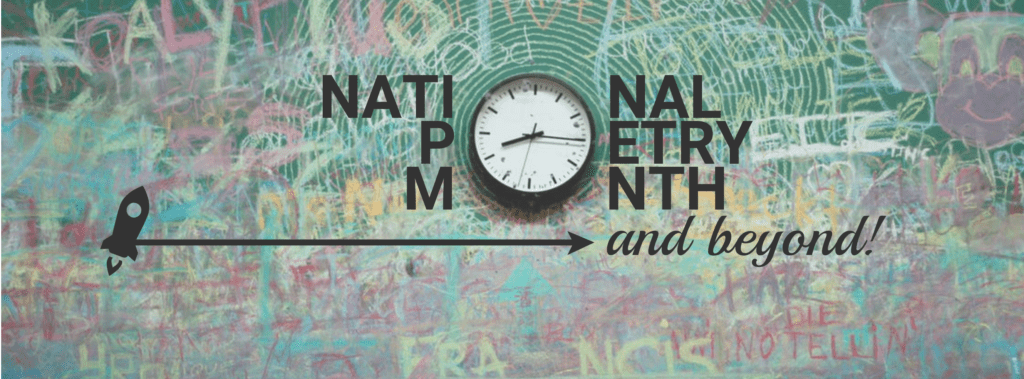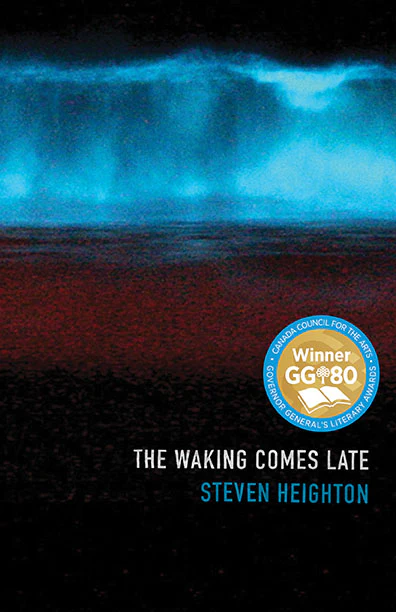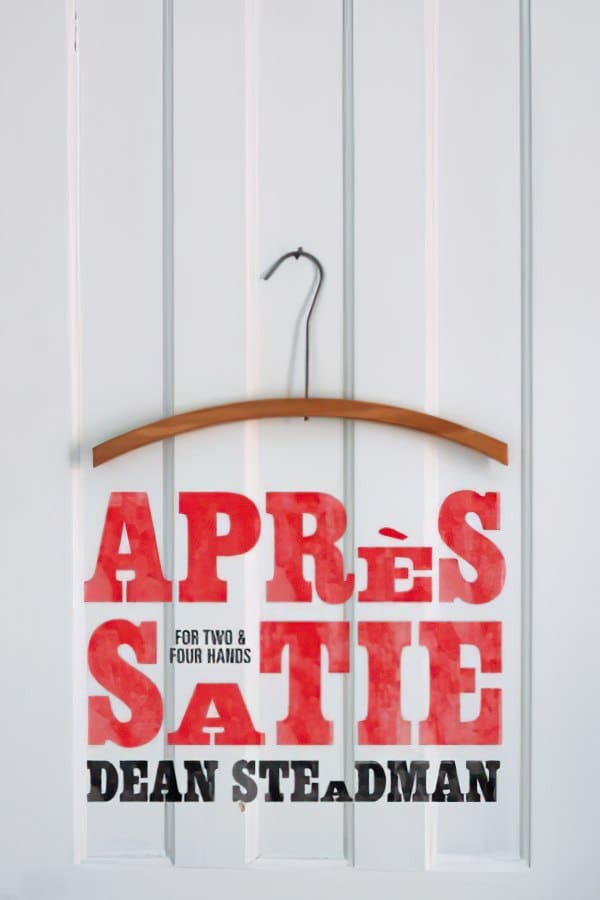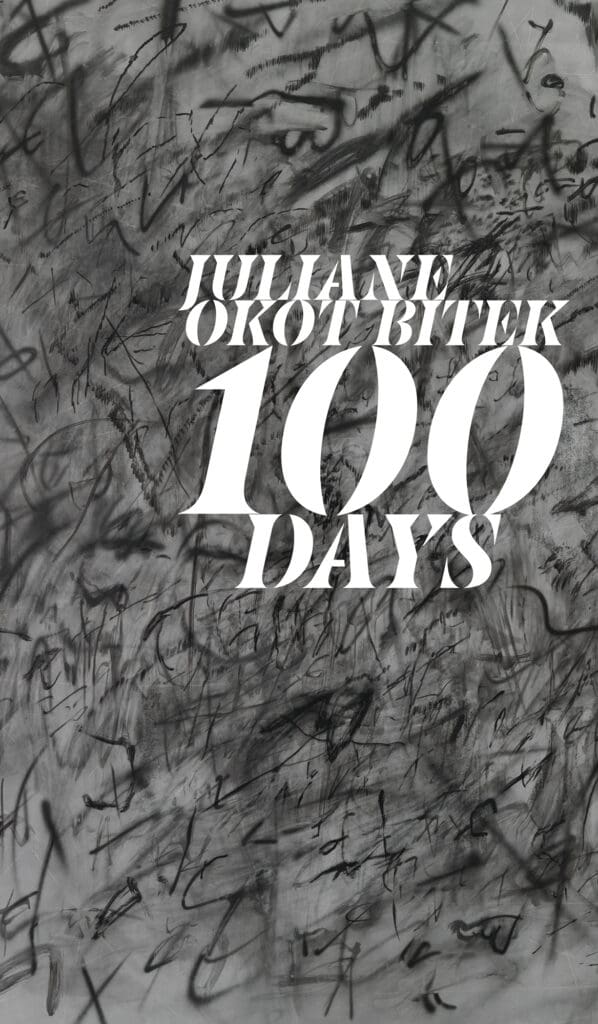NPM AND BEYOND: THE ACT OF READING

Today in our NPM and Beyond! blog series, we’re thrilled to be chatting with some of our shortlisted authors about their reading habits — and how they suggest making time for poetry in your day-to-day life. Steven Heighton’s latest book The Waking Comes Late is shortlisted for our 2017 Raymond Souster Award, and also won the Governor General’s Award for Poetry earlier this year. We’re also chatting with Dean Steadman and Barry Dempster, whose books are also shortlisted for the Raymond Souster Award, as well as Juliane Okot Bitek, shortlisted for the 2017 Pat Lowther Memorial Award, and Jennifer Houle, shortlisted for the 2017 Gerald Lampert Memorial Award. For more tips on how to read more poetry, check out this post from earlier this month!
LCP: How do you read poetry?

Steven Heighton: Aloud, mostly. In a whisper, so I don’t bother or wake anyone. In bed, by LED light, during my reading nightshift, from two or three to four a.m.
Juliane Okot Bitek: In bits and pieces. No other way for me to get in. The closest I ever got to reading poetry in one sitting was Claudia Rankine’s Citizen: An American Lyric. Not ever with food or drink, but sometimes I read poetry in bed. Mahmoud Darwish’s Unfortunately, It was Paradise works at the end of the day but Audre Lord must be read after coffee, and in preparation for the war. Sometimes I look for poems to steady me. Langston Hughes and Leonard Cohen are great for staunching a bleeding or staving off hunger. Dionne Brand and Nourbese Phillips are good sustenance and excellent reminders that I’m fine the way I come.
Jennifer Houle: All over the place. The only thing I can’t do is have the TV on while I’m reading. Beyond that, I don’t have a routine practice. In a dream world, I might always read poetry in a cozy chair, with a cup of tea at hand, but IRL, as they say, I read it whenever I can – on breaks, before bed, in the bath (rarely), full collections, or online journals on my phone while I wait in lines. I do read poetry almost every day.
Barry Dempster: I wish that I could say that poetry can be read pretty much everywhere, that it’s like one of those dogs that fit into a woman’s purse; that the most disturbing thing about it is that it sometimes trembles when you pat it gently on the head. Truthfully though, I need to be able to recite a poem out loud without attracting a crowd or being ordered to shush by someone at the next table. A poem’s music demands focus, which means that I do most of my poetry reading at home, in a room of my own, with as little incidental noise as possible. Just imagine the deep thickness of a Louise Gluck poem being recited in a soundproof room.

Dean Steadman: I was an English major back in the day and, after I retired, I went back to school and completed an MA in English. Being an analytical reader is thoroughly engrained in me. And I’m happy with that because it’s helped me to learn from the works of other poets and to build and improve my own writing skills. Generally, when I’m reading for pleasure, I’ll only read a couple of poems from a collection at a time. A lot depends on the accessibility of the poetry. I try to keep to the order in which the poems have been sequenced but, I admit, I’m a compulsive page flipper. I like to read the poems slowly out loud, rather than in my head, so that I can articulate each word and find the poem’s internal rhythms. I’ve recently started writing poetry reviews for literary journals, such as The Malahat Review, Arc, and CV2. Understandably, reviewing a poetry collection requires a more disciplined approach, involving multiple readings and critical analysis. It’s a process that I find to be creatively challenging and, in many ways, it’s as rewarding for me as writing poetry itself.
LCP: What kinds of tips or tricks would you give to someone looking to start reading poetry more, for integrating poetry (reading or writing it) into one’s day-to-day life?
DS: I would encourage new readers to be patient and not to feel intimidated by what they’re reading. Poetry can be difficult and I think good poetry is by its very nature purposely challenging. In his essay “The Metaphysical Poets,” T.S. Eliot wrote: “Poetry in our own time—such is the complexity of the world we live in—must be difficult.” It’s a statement that had far reaching consequences for the development of modern poetry and it touches on an important aspect of the reading process that is still relevant today. The Russian formalist Viktor Shklovsky summarized it nicely: “[A]rt exists that one may recover the sensation of life; it exists to make one feel things, to make the stone stony. The technique of art is to make objects “unfamiliar,” to make forms difficult, to increase the difficulty and length of perception because the process of perception is an aesthetic end in itself and must be prolonged.” This process of defamiliarizing the familiar, of making the visible hard to see, is one of the beauties of poetry, or, at least, the kind of poetry that interests me. Certainly, prose fiction can achieve these same results, as novelists such as Elizabeth Smart and Michael Ondaatje have skillfully demonstrated. But even then we tend to think of such works as “poetic prose” which for me is recognition of poetry’s inherent ability to make “strange and wonderful,” to use Aristotle’s description of poetic language. I think if people who are new to reading (or writing) poetry can learn to understand it in these terms they will come very quickly to embrace poetry with open arms.

BD: Read a bunch of different poets in one sitting rather than placing yourself at the mercy of just one. Mix up their position in history: start with a Phil Hall, then jump back in with an Elizabeth Bishop, followed by a Wordsworth, ending on a Stevie Howell. Make poetry a part of some other habit or ritual. Add it, after gossip, to Sunday dinner. Put a poem in everyone’s birthday card. Shove aside your jobs jar and replace it with a poem jar. Insert a short poem between conditioning and rinsing. Don’t close your eyes at night until you’ve read one last stanza
JOB: I have no regular practice for reading/writing poetry so it would be fraudulent to imagine I had any tips to give. I love good writing, clever writing, accessible writing but I’ve also got far too many unread books by my bed. I also have a life-long appreciation for people who twist and craft language to make something new. All I can offer is the not so original insight that poetry offer spaces to see the world anew again, so, give it a chance. Poetry is also a place to play and watch others playing with language that is often bound in rules and strictures.
JH: There’s no trick to it – just do it. It’s very easy to come by, it’s all around us. If you pick something up and it isn’t for you, try something else. You will be drawn to what you love. I do believe in that mysterious circuit that leads readers to the right books or poems. It doesn’t have to be time consuming – but you can stay with poetry as long as you want. If you want to access a world of thought provoking, insightful, surprising, productively disturbing, strange, moving and beautiful ideas and images– there it is. Google for it or browse in a bookstore’s poetry section. Check out local poets or even go to a reading. Just let it wash over you. React. Read more.
SH: Cultivate insomnia.

The Internet tells me poetry is making a “comeback” these days—what’s your take on that? What do you think the future of poetry looks like?
BD: I’ve lived so intensely with poetry for most of my life that I never realized that there were times when the muse was a has-been. It never dawned on me that those periods when we were quiet with one another might be anything more than deeper contemplation.
JOB: Kind of like Justin Timberlake “bringing sexy back” I suppose. I think that social media can amplify the incredible work of powerful poets like Somali-British poet, Warsan Shire, but I don’t think poetry is making a “come back”. It was here before we got here and will be here after we’re gone. [What do you think the future of poetry looks like?] That’s funny. I cannot imagine that it will not rise save us, the way it has so far.

JH: Ha, well if the Internet says so. . . I have read the theory that in troubled times, people turn to poetry and the arts for solace. I know I do. Poetry does feel more urgent to me than ever in recent years. But – and this may sound a bit grandiose – I think poetry belongs to the Eternities, and I don’t think it is making a “comeback” per se. It just always is. There will always be the poets and poetry, those who are impelled to draw from the deep wells and create. If certain times or events lead people to seek it out a little more, that’s good, proof positive of why it is always needed.
DS: I think this perception of poetry making a “comeback” can be attributed to the popularity of spoken word poetry. “Stage not page,” I think is how this phenomenon is often described. Spoken word events attract huge crowds, much larger than the audiences in attendance at most “page” oriented reading series. There’s a possibility, I suppose, that people interested in spoken word might decide to explore other forms of poetry and maybe develop a broader interest so that poetry enjoys an overall increase in popularity. It’s a big “maybe,” I admit, but let’s wait and see. In the meantime though, I’m confident that poetry in all its forms is alive and well and that “page” poetry will always have a steady and dedicated following.
SH: Poetry is not going away. The art, like the urge to make it, is primal, perennial. People will keep needing it, seeking it, writing it.
But whether that group of people is now growing or will grow in the future, I can’t guess. I’ll just say I hope so.
